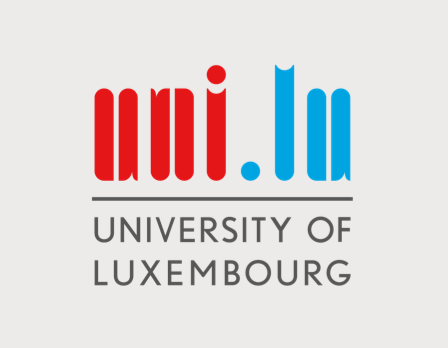In our rapidly globalising world, the importance of economists and finance professionals cannot be denied. They help inform the decisions made by companies and governments, who handle the accounts and portfolios that drive the operations that impact our global economy.
Despite this, graduates from these disciplines reportedly often lack the high levels of proficiency expected in the field. A survey found that many British universities are failing to equip their economics graduates with the skills that businesses and governments require. Among these is an inability to think critically, apply knowledge to real-world issues, and communicate ideas to non-economists in a clear and succinct way.
The need for robust, career-ready professionals is, therefore, more important than ever — and the University of Luxembourg has designed several programmes to fill this gap.
Established in 2003, it is quickly making a name for itself on the world stage. It’s ranked among the top 300 universities worldwide and #3 worldwide for its international outlook in the Times Higher Education (THE) World University Rankings 2022. Notably, it’s got a unique approach to learning — tailoring to the demands of the international job market.
The university has the distinctive benefit of being situated in Luxembourg, which is renowned for being one of the largest fund investment centres in Europe. Luxembourg is the region’s number one international fund distribution platform with around 125 international banks on its territory. What’s more, there’s a large pool of multilingual talent to draw from. Combined, it’s no surprise that this makes Luxembourg one of the fastest-growing economies in the region.
The Faculty of Law, Economics and Finance (FDEF) continuously works to solidify its status within the country’s financial centre and business community. It has strong links with the Luxembourg market and its major institutions, having formed meaningful partnerships with companies and institutions in the country such as the European Investment Bank and Ferrero.
This means that students are well-positioned to reap the benefits of these partnerships — both during and after their time at the university. This is mainly through undertaking competitive internships as part of their programmes, which vastly improves their chances of a successful career after graduation.
The MSc in Finance and Economics is one such programme. Developed together with the Luxembourg financial centre and FIBAA-accredited, the two-year programme centres around preparing students for the job market in different finance disciplines across the country, Europe, and the wider international market.
Foundational courses are offered over the first year to provide students with an overall understanding of the industry as a whole. In their second year, students are given the opportunity to specialise in one of six tracks: Banking, Investment Management, Risk Management, Sustainable Finance, Financial Economics, or Digital Transformation in Finance. Each track is tailored to market needs, responding to the changes and trends of the global economics and finance landscape.
On top of that, they can choose to conduct an internship in place of an academic thesis, which has undeniably contributed to their success after graduation: around 40% of graduates from the programme scored a job at the company they conducted their internship with.

Caption: MSc in Finance and Economics students can specialise in one of six tracks according to their career goals. Source: University of Luxembourg
The Master in Wealth Management is similarly structured. Aimed at future wealth managers, this programme is developed by industry professionals and educates students about traditional finance. Simultaneously, students are trained in important practices such as client relationship management, estate planning, ethics, and international taxation. It is also FIBAA-accredited and integrates internships into its curriculum.
The industry exposure is further enhanced when considering the level of expertise of the academic body. “The professors actually teaching the course are professionals,” says Kevin Schutz, a Master in Wealth Management graduate. “They teach according to their experiences.”
Anuradha Sarda agrees. “You are taught by the best people in the industry,” she shares.
She undertook the Master in Accounting and Audit, which grounds students in scientifically-based knowledge on all the specialist areas relevant to the field. At the same time, practical elements are infused into the programme to ensure students are prepared for the job market.
“You’re taught on the basis of case studies and project-based learning,” Sarda adds. “I think that’s a very special element of our university.”
For those looking for careers in academia, public institutions, and upscale jobs in the industry, there’s the MSc in Quantitative Economics and Finance. This highly intensive programme compares to the first year of doctoral programmes at top universities in the US or UK. The most exceptional students may be offered a route into the university’s Doctoral School in Economics, Finance and Management (DSEFM).
Opportunities abound for highly individualised supervision from within the faculty. “I really enjoyed discussing with professors who have proven expertise in their research field,” graduate Rana Cömertpay shares. “I could really approach them and learn about their work, which served to enhance my interest in the research I’m currently conducting.”
All in all, students at the University of Luxembourg are well-placed to thrive in their careers by the time they graduate — and in turn, become successful, leading economists and financial experts.
Follow the University of Luxembourg on Facebook, Twitter, Instagram, LinkedIn, and YouTube













